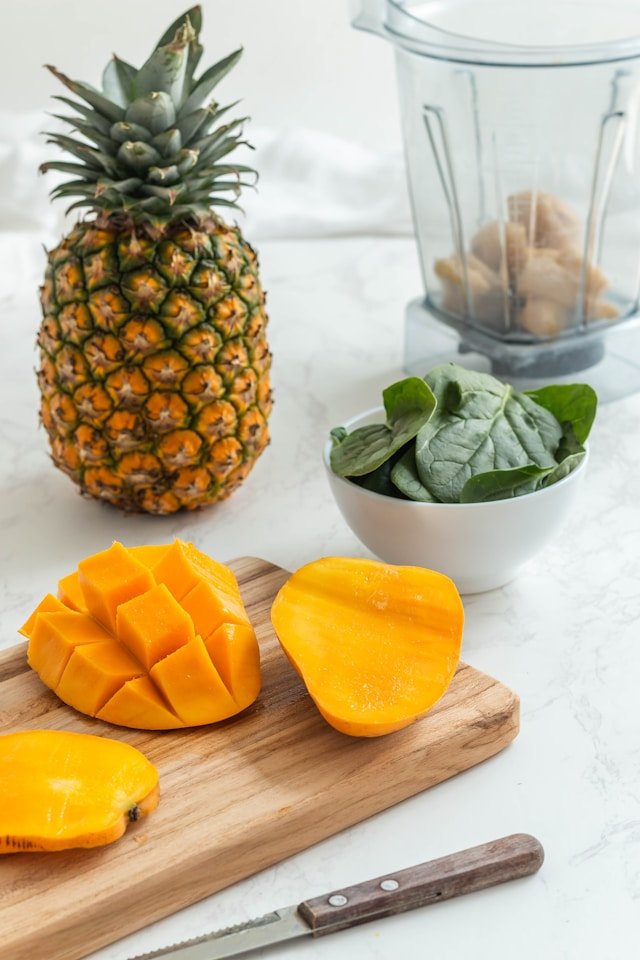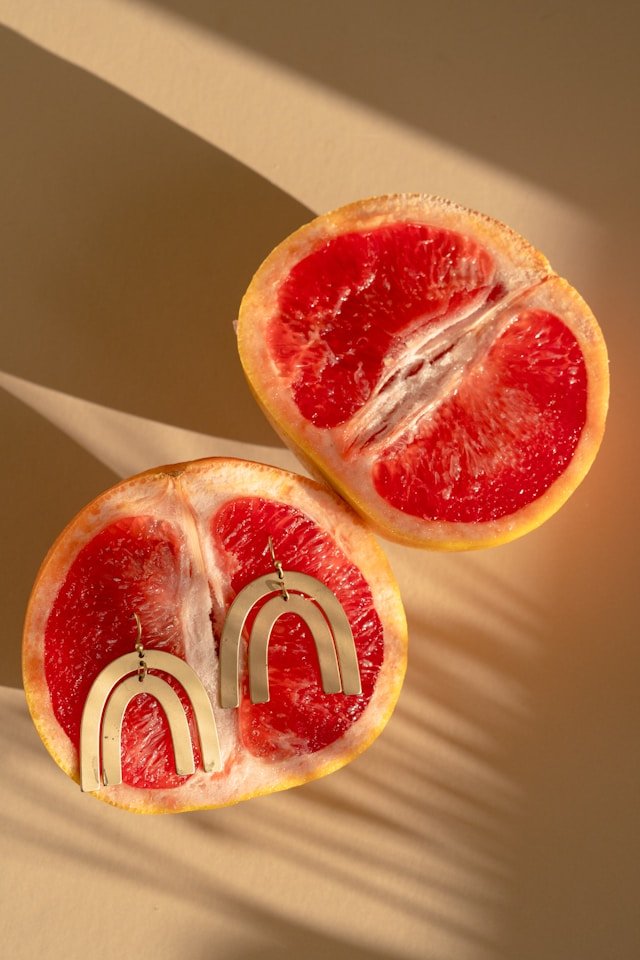5 Amazing Fruits High in Collagen-Boosting Nutrients
Your skin deserves the best care possible, and that care starts from within. While you can’t actually find fruits that contain collagen directly, you absolutely can discover amazing fruits packed with nutrients that help your body create more of this vital protein naturally. Let’s explore how these delicious, accessible fruits can become your secret weapon for healthier, more radiant skin.
Collagen production naturally decreases as we age, which is why supporting your body’s ability to make this essential protein becomes increasingly important. The good news? Nature has provided us with incredible options that are both delicious and effective at promoting collagen synthesis.
What is Collagen and Why Do We Need It?
Collagen serves as your body’s scaffolding system, providing structure and strength to your skin, bones, muscles, and connective tissues. This protein makes up about 30% of your body’s total protein content and plays a crucial role in maintaining skin elasticity, joint health, and overall structural integrity.
Your body produces collagen naturally by combining amino acids with the help of vitamin C, zinc, and copper. However, this production begins to slow down in your mid-20s, declining by about 1% each year. Environmental factors like sun exposure, pollution, smoking, and poor diet can accelerate this decline.
Supporting your body’s collagen production through nutrition becomes essential for maintaining healthy skin, strong bones, and flexible joints. While collagen supplements have gained popularity, incorporating nutrient-rich fruits into your daily routine offers a natural, sustainable approach to supporting this vital process.
Fruits High in Nutrients that Support Collagen Production

Pineapple
This tropical powerhouse contains bromelain, a unique enzyme that supports protein synthesis and helps your body utilize amino acids more effectively. Pineapple also provides vitamin C, delivering about 79mg per cup—nearly your entire daily requirement. The combination of bromelain and vitamin C makes pineapple particularly effective at supporting collagen formation.
Fresh pineapple works best since canning and processing can reduce bromelain content. Add chunks to your morning smoothie, enjoy it as an afternoon snack, or incorporate it into savory dishes for a tropical twist.
Mango
Mangoes offer an impressive vitamin C profile alongside beta-carotene, which your body converts to vitamin A. This combination supports collagen synthesis while protecting existing collagen from damage caused by free radicals. One cup of mango provides about 60mg of vitamin C plus beneficial antioxidants.
The creamy texture and sweet flavor make mangoes incredibly versatile. Blend them into smoothies, add to yogurt parfaits, or simply enjoy them fresh. Frozen mango works wonderfully for smoothies and maintains most of its nutritional value.
Grapefruit
This citrus fruit delivers exceptional vitamin C content—one medium grapefruit provides over 90mg, exceeding your daily needs. Grapefruit also contains lycopene, a powerful antioxidant that helps protect existing collagen from breakdown while supporting new collagen formation.
Pink and red varieties contain higher levels of lycopene compared to white grapefruit. Start your morning with fresh grapefruit segments, add them to salads for a tangy kick, or juice them for a refreshing drink.
Pomegranate
Pomegranates stand out for their incredible antioxidant content, particularly punicalagins and anthocyanins. These compounds help protect existing collagen from damage while supporting your body’s natural collagen production processes. The vitamin C content, while moderate, works synergistically with these antioxidants.
Pomegranate seeds add beautiful color and crunch to salads, yogurt, and grain bowls. Pure pomegranate juice offers concentrated benefits, though whole fruit provides additional fiber and a more balanced sugar intake.
Banana
While bananas don’t contain vitamin C, they provide essential nutrients that support collagen synthesis in other ways. They’re rich in vitamin B6, which helps your body produce amino acids necessary for collagen formation. Bananas also contain manganese, a mineral that activates enzymes involved in collagen production.
The potassium in bananas supports overall skin health by maintaining proper cellular function. Their natural sugars provide energy for the metabolic processes involved in collagen synthesis.

How These Fruits Support Collagen Synthesis
These fruits work through multiple pathways to support your body’s collagen production. Vitamin C acts as a cofactor for enzymes that synthesize collagen, literally helping your body build this essential protein. Without adequate vitamin C, your body cannot produce stable collagen fibers.
Antioxidants in these fruits protect existing collagen from breakdown caused by environmental stressors and natural aging processes. This protection is just as important as supporting new collagen production—there’s no point in creating new collagen if existing stores are being damaged faster than they can be replaced.
The enzymes in pineapple and the various minerals in these fruits support the complex biochemical processes involved in collagen formation. Your body requires multiple nutrients working together to create strong, functional collagen.
Additionally, these fruits provide natural sugars and other nutrients that fuel the energy-intensive process of protein synthesis. Creating collagen requires significant metabolic energy, and proper nutrition supports these processes.
Other Foods & Habits to Boost Collagen
While fruits play an important role, a comprehensive approach to collagen support includes other nutritional and lifestyle factors. Bone broth, fish, and lean meats provide the amino acids your body uses as building blocks for collagen.
Leafy greens like spinach and kale offer additional vitamin C plus chlorophyll, which may help protect against collagen breakdown. Nuts and seeds provide vitamin E and healthy fats that support skin health and collagen function.
Lifestyle habits significantly impact collagen production and preservation. Protecting your skin from excessive sun exposure prevents collagen breakdown, while staying hydrated supports the cellular processes involved in collagen synthesis. Regular exercise increases circulation, delivering nutrients to skin cells and supporting collagen production.
Getting adequate sleep allows your body to focus energy on repair and rebuilding processes, including collagen synthesis. Managing stress through relaxation techniques, exercise, or meditation helps prevent cortisol-related collagen breakdown.
Nourish Your Skin From Within
Supporting your body’s natural collagen production doesn’t require expensive supplements or complicated routines. These nutrient-rich fruits offer an accessible, delicious way to provide your body with the tools it needs to maintain healthy, vibrant skin.
Remember that consistency matters more than perfection. Incorporating one or two of these fruits into your daily routine can make a meaningful difference over time. Mix and match them based on your preferences and seasonal availability—your skin will thank you for the variety and nutrients.
Start small by adding a serving of one collagen-supporting fruit to your daily routine, then gradually expand your choices as you discover new favorites. Your journey to healthier skin begins with the next delicious, nutritious choice you make.

